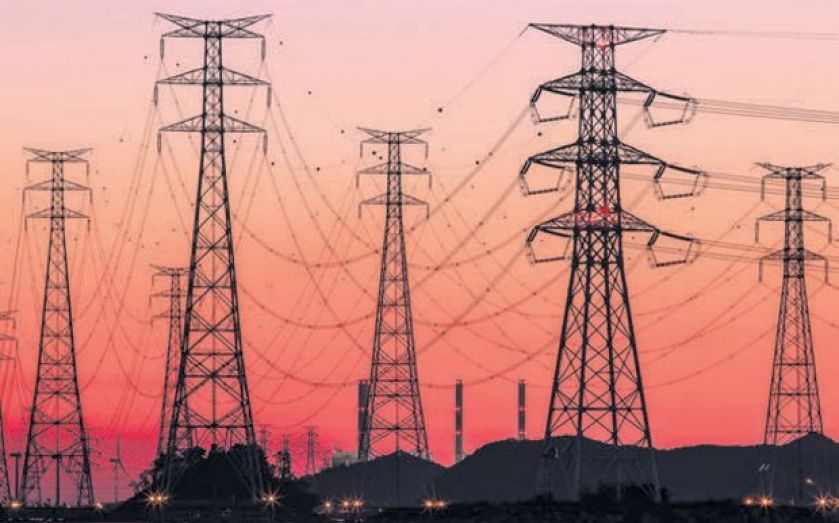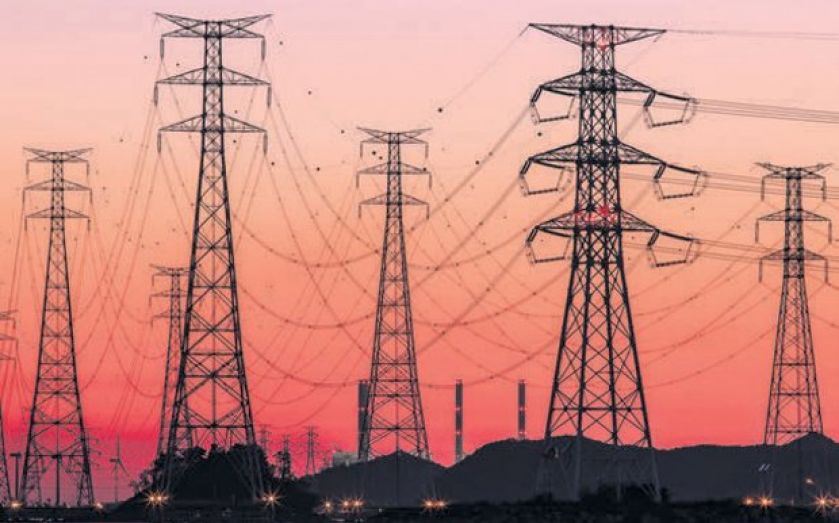National Grid auctions forebode higher gas demand in coming years
Britain's auction to ensure enough electricity capacity for 2027/28 has set a new record high price as power demands look set to draw heavily on gas.


Britain’s auction to ensure enough electricity capacity for 2027/28 has set a new record high price as power demands look set to draw heavily on gas.
The National Grid said yesterday that the capacity auction cleared an all-time high price of £65 ($82) per kilowatt (kW) per year, with 67 per cent of the 43.4 GW in capacity being awarded to gas plants.
The current rule around drawing on gas plant generation is that they will be called upon when the sun isn’t shining and the wind isn’t blowing.
However, the auction brings into stark reality the continued future demand for fossil fuels, albeit the ‘cleanest’ one in the form of gas.
Sam Hollister, head of energy economics and finance at energy consultancy LCP Delta, said that consumers would certainly “bear the brunt” of the high auction prices and expressed concern over new generation coming online.
“For the first time in the history of the T-4 auctions, less capacity entered the auction than the overall target, due to the dramatic drop in the volume of new-build capacity entering the auction as unabated gas stations face uncertainty and low carbon flexible capacity is yet to come forward in significant volumes,” he said.
“In this volatile market, if these concerns are not addressed, this may be the sign of things to come with high clearing prices and little new generation coming forward.”
One big winner of the auction is the controversial energy firm Drax, which received 15-year contracts for 226MW of hydro storage and more for existing capacity.
The firm, which is due to report full-year results for 2023 tomorrow, has been in the spotlight in recent months for the government’s support of its biomass plant, the most polluting site in the UK.
Last month, the government approved the firm’s planning application to convert two of its biomass units into carbon capture facilities, following a very public back-and-forth between Drax and climate change group Ember over whether the facility would cost or pay back the UK taxpayer in the billions.



